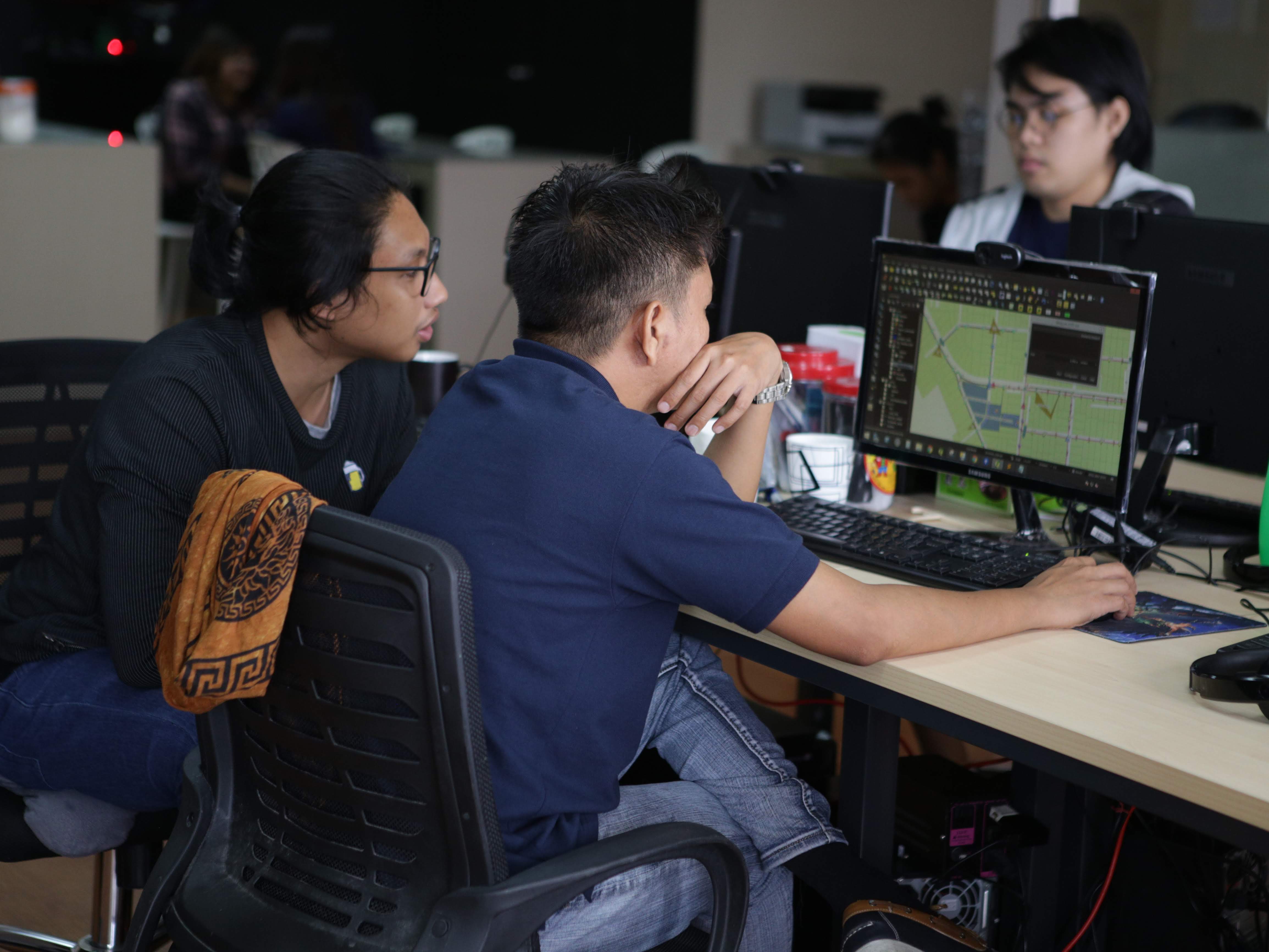As Lindsay McGregor and Neel Doshi, co-founders of Vega Factor highlight in the Harvard Business Review there are two types of performance that are important for success - but most organizations only focus on one, rarely knowing how to manage them in unison. The first is known as tactical performance - how effectively your business sticks to its strategy. This performance drives focus and consistency and increases strength by directing limited resources to the fewest targets. It means sticking to the rule book. Developing standard operating procedures and then following them closely. The second type of performance is adaptive performance - how effectively your business diverges from its strategy. This performance shows up as creativity, problem-solving, and innovation. It allows businesses to create value in the VUCA (volatile, uncertain, complex and ambiguous) world we live in where technology and strategy are changing rapidly. Essentially, tactical performance is how well you stick to your plan, and adaptive performance is how well you diverge from your plan. High performance in any organization requires both - but most businesses only measure tactical performance. And in today’s world, adaptive performance is more important than ever.
The Vega Factor co-founders highlight how important adaptive performance is for keeping your team motivated remotely during crises such as Covid-19. Harvard Business Review makes the point that during this pandemic many people might tend to focus more on tactical work - answering the right number of tickets, or following the approved project plan - rather than adapting to solve the bigger, newer problems the business may be facing. However, teams that adapt keep their productivity high or higher. They win market share. They earn enduring customer loyalty. They rise above their competitors, regardless of the challenges.
Research on remote productivity is mixed, with some saying it declines, whilst others promise it increases. Lindsay McGregor and Neel Doshi’s research suggests that success depends on how remote work is carried out. It is important to note that at the moment, working from home is likely to reduce motivation. They have identified three negative motivators that have likely spiked in light of the Covid-19 pandemic. These include emotional pressure and economic pressure as people worry about losing their jobs, paying their rent, and protecting their health. A constant barrage of negative news and fear for relatives and friends can be deeply distressing and understandably lead to a degree of work inertia. Importantly, Lindsay and Neel also point out that three positive work motivators that often lead to increased productivity are in danger of easily disappearing during the current situation.
Play, the motive that most boosts performance, could decrease if it continues to become harder for people to get things done from home. For example, people may miss the joy of problem-solving with a colleague, or the ease of making a decision when everyone is in one room. Purpose could also decline with teams’ decreasing visibility into their impact on clients or colleagues, especially if no one is there to remind them. Lastly, potential could decline if people can’t gain access to colleagues that teach and develop them. The crucial point here is that if business leaders don’t move to change this, declining motivation will ultimately lead to declining adaptability, quality and creativity at exactly the time the post Covid-10 recovery requires productivity growth.
So what can you do to ensure this doesn’t happen? Really importantly, remember that in times of crisis, work can be a much-needed morale boost. Resist the temptation to make work only tactical through strict processes and procedures. Aim to strike a balance between a degree of boundaries and guidelines that help teams to move quickly and too many that can create rapid demotivation. Too many rules tend to inhibit problem-solving and creative thinking and instead lead to people doing the bare minimum. Providing engaging work is the key to higher team engagement. Give people the opportunity to experiment and solve problems that really matter. These won’t necessarily be the same problems for every team - or easy to identify at first - your help doing this is needed. Ask your team for their ideas on problems that need to be solved - and why these are critical, valuable, and interesting? Success comes from making sure every single person feels like they have a challenge they can help solve, no matter how small or large.
Given today’s challenges with Covid-19, Lindsay and Neel recommend the following guidelines for teams working remotely:
- Remember that what you measure is the single strongest signal to your people of what you care about. If you want to show them you care about their motivation, discuss what might be driving this up or down with them - and what would be helpful to maximize it. Remember to listen and create a safe environment where everyone feels they will be heard. Online motivation tools are available to measure this.
- Make sure your weekly routines are not focused solely on tactical work (the boxes that need to be checked.) Half the week should also be focused on adaptive performance involving experimentation and problem-solving - with no plan to follow.
Read more about simple rhythms for remote teams here.
In today’s Covid-19 world businesses need to be more adaptive than ever before. The isolation bought on by the current crisis has been it difficult to excel in collaboration, motivation and performance. If you’re interested in working with an offshore outsourcer who will help you achieve greater levels of growth and productivity and keep a pulse on the motivational and emotional wellbeing of your remote team, download our eBook, '30 Essential Questions to Ask a Provider Before You Outsource’. It will ensure you're informed and have the right questions to ask when considering the next step.



